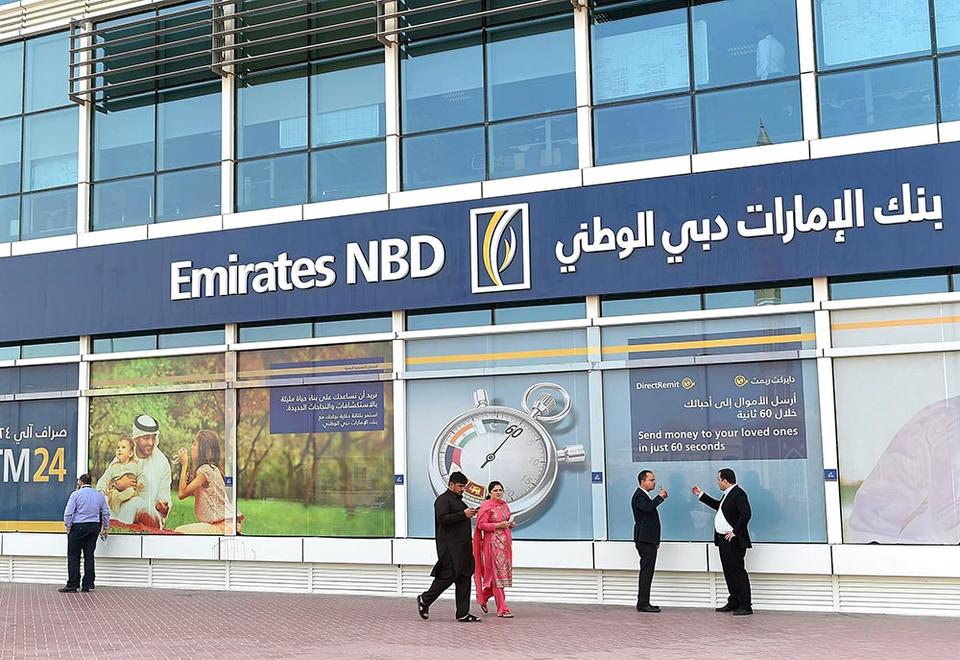Emirates NBD posted Thursday a net profit of $2.5 billion (AED 9.1 billion) for the first nine months of the year, close to the level reported for the whole of 2021. This marks a whopping 25% increase year-on-year (YoY) led by record demand for retail financing and new corporate lending, an improved deposit mix, and a lower cost of risk. Net profit of Emirates NBD, which ranked fifth on Forbes Middle East's Top 30 Banks 2022 list, hiked by a whopping 51% YoY to $1.03 billion (AED 3.8 billion) in the third quarter, while the Shariah-compliant Emirates Islamic’s net profit jumped 31% to $290 million (AED 1.05 billion) for the nine months that ended September 30 on higher funded and nonfunded income.
The UAE-based bank's total revenue rose 31% YoY to $6.2 billion (AED 22.7 billion) for the first nine months of the year, led by higher net interest income and an improved loan and deposit mix. Net interest income jumped 23% to $4.22 billion (AED 15.5 billion) in the year to date due to a 75 basis points increase in the Central Bank of the UAE's (CBUAE) interest rates in late September.
Typically, higher interest rates benefit banks because they increase consumer returns, although the risk of an economic slowdown and higher cost of borrowing presents a challenge to future earnings.
The bank's total assets grew in the year to date by 5% YoY to $196.3 billion (AED 721 billion), while deposits also increased by 5%, or $4.9 billion, to approximately $131 billion (AED 481 billion), enabling the bank to benefit further from interest rate rises.
Total loans declined by 1% to $114.08 billion (AED 419 billion) in the first nine months of the year; however, lending was stable as solid loan growth for Corporate, Retail, Emirates Islamic and Turkish unit DenizBank offset strong Sovereign repayments.
As inflation grew more hawkish, Emirates NBD's cost-to-income ratio stood at 28.2% in the year to date, down from 33.1%. "We expect to finish the year with margins at the top end of guidance and cost of risk within guidance. Non-funded income grew significantly, with substantial contributions from both Emirates NBD and DenizBank, helped by an increase in transaction volumes and growth in customer FX and derivative business. The diversified balance sheet, solid capital base and strong operating profitability are core strengths of the Group," Patrick Sullivan, Emirates NBD's CFO, said in a statement.










